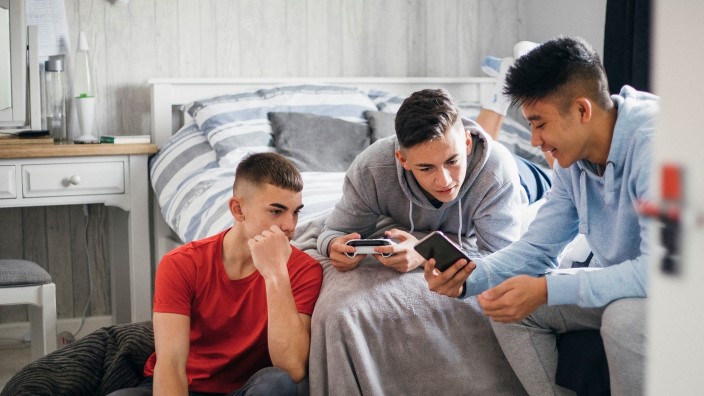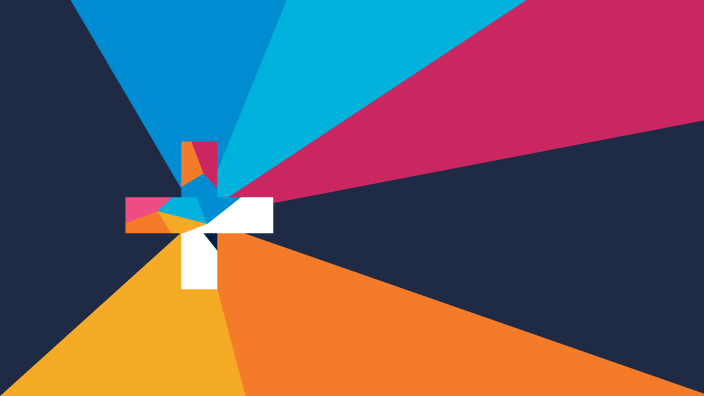As a young adult, life is about working, studying or training for your career, and having a good time, right? Maybe you’re saving up for a car or to travel. Or even for a house deposit. If so, you are going to need your own bank account. In fact, probably more than one. Say, one for day-to-day expenses and one for saving. And, yep, the clue is in the name. More about that later…
Opening an account as an adult (18+)
If you need a bank account and you’re over 18, well that’s easy. You can open a Greater account online or at your local branch, although these two options involve slightly different processes and requirements.
Opening an account as a minor

Why partner with Newcastle University to promote financial literacy?
If this is the case, you’ll also need permission from that adult to withdraw any money, so you have to make a joint decision after a proper discussion and ensure you’ve thought through the reasons you want to spend the money before you take it out. Taking some extra time may not seem like a positive if you decide you really want something, but we reckon you’ll appreciate the upside later.
In some circumstances, it may be a joint account. If that’s the case, that same parent or guardian may still have access to your account, which isn’t always a good thing, especially after you start earning your own money.
Now, in the vast majority of cases, it’s not going to be a problem. But there are some risks.
- Firstly, a joint account allows both account holders full access to the balance, so either account holder can withdraw money from the account. It doesn't matter who puts the money in – perhaps your pay is being direct deposited into the account – the other account holder could withdraw it all. So, while the risk of your parent or guardian taking money from your account may be very low, having your own account prevents this from occurring. It means you – and only you – can access your cash.
- Secondly, money in the joint account could be seized to cover any debts your joint account holder does not or cannot pay. In this situation, a joint account is considered to be among their assets, so if they default on a loan and their assets are seized to help cover that debt, it could include the money in your joint account.
- Thirdly, the joint account holder can see what you spend your money on. You may not care about this, but having your own account means your transactions will be private.
The good news is, if you have a Greater Bank Life Saver account, we will automatically remove any other account holders (also known as benefactors) on the first business day after you turn 18. We will also notify you and your benefactor of this change promptly after it is completed.
From this point on, you and only you are in charge of your finances. While that’s a good thing on the freedom and autonomy front, it also means you and only you are responsible for meeting your financial obligations, whether that’s rent, car repayments, credit card bills or whatever. To do that, you need a plan.
Taking charge of your money
Remember earlier we mentioned that it may be a good idea to have more than one bank account? Well, here’s where the rubber hits the road. It’s a good idea to have an everyday account which you put an allowance into that you can use for regular day-to-day spending. Limit the amount you put in there and only spend what you have.
Have a separate savings account, where you put a set amount each week (or each fortnight depending on how often you get paid). If you get paid regularly, set up a direct debit for the day after payday so the money’s gone before you have a chance to spend it.
How do I open a Life Saver Account for my child?
Also, have a specific goal in mind so you know why you’re saving and what this money is quarantined for. That will help keep you motivated and make you think twice before dipping into your savings. Soon enough, you’ll have reached your target and you can choose your next financial goal!
Track your savings goals
Financial wellbeing benefits your personal wellbeing
Now, you could be forgiven for thinking “Well, you would say that wouldn’t you? After all, you’re a bank! Of course you want me to have a bank account and a savings plan.”
But it not a good idea just because we say so.
We recently commissioned the University of Newcastle to conduct research about financial wellbeing. The study found that people with higher levels of financial wellbeing have higher levels of general wellbeing and life satisfaction. It also found a link between higher financial wellbeing and higher financial literacy, which means you are more likely to make better financial decisions around a savings plan and managing your obligations.
Sparkie
So, it turns out that having a financial plan has a range of positives!
Having some sound knowledge of the financial basics will also be of benefit – you can find out more about that on our website.



